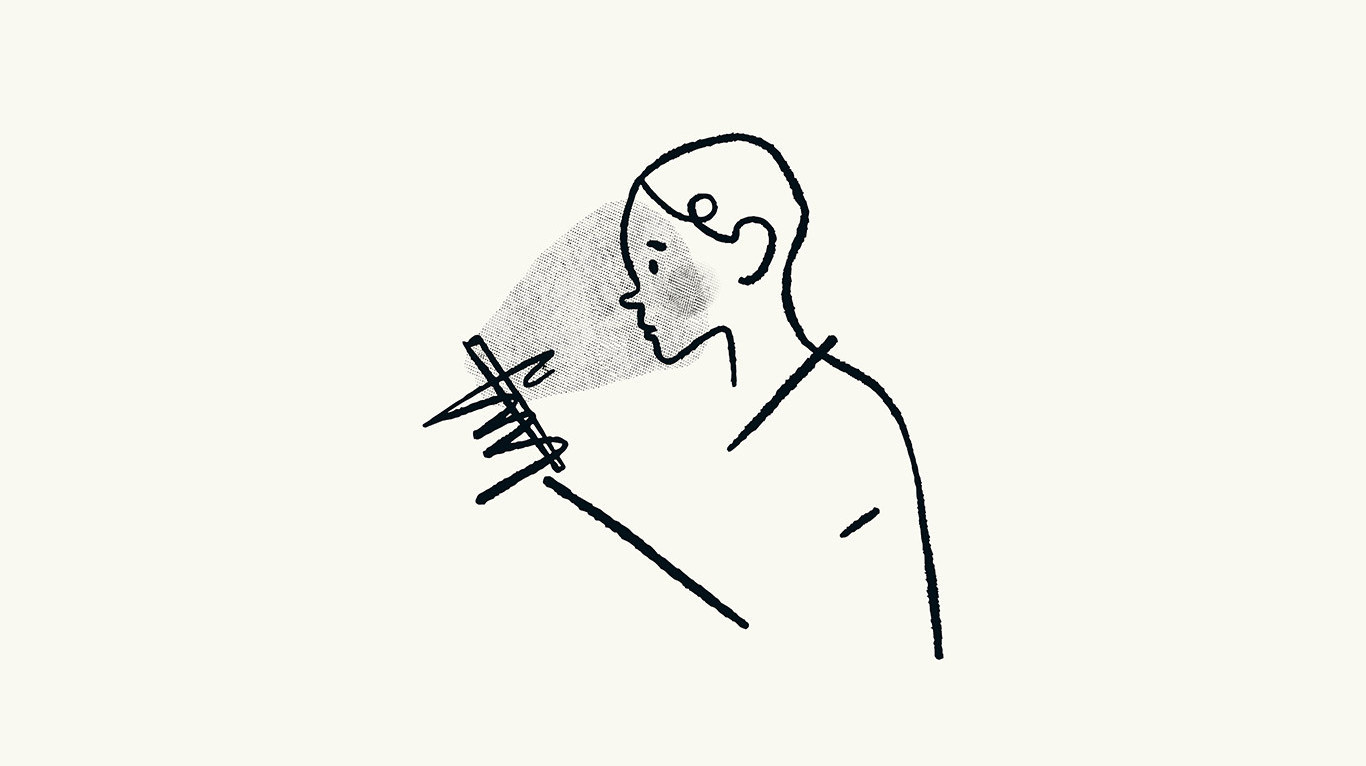Tech Roundup
July 2023
How Wangie Is Changing The Game For Mental Health Support

It's undeniable that global mental health support doesn't offer the convenience of immediate, around-the-clock access. While there are several online "marketplaces" such as BetterHelp, Talkspace, and Teen Counselling, along with public healthcare platforms like Kooth and Togetherall, all these require advanced appointments. For those in need of immediate assistance, especially during a crisis, this model isn't always ideal.
As the global mental health crisis escalates, with economic burdens rising from $2.1 trillion in 2010 to a projected $6 trillion by 2030, the demand for on-demand support grows. Notably, by 2019 the burden had already reached $5 trillion, even before the impacts of the COVID-19 pandemic.
A new generation accustomed to immediate access via mobile apps necessitates a solution that caters to their needs. This is the aim of U.K. startup Wangie, intending to bridge the gap between clinical therapy apps and peer support by providing 24/7 access to mental health support via a mobile app. Wangie aspires to be the Uber of therapy, connecting on-demand therapists with those needing immediate support.
Instead of scheduling therapists, users, primarily targeted at students, can request an online chat with an available therapist. Wangie recently completed an undisclosed pre-seed funding round led by angel investors Raj Kulasingam and Marc Cohen, along with contributions from Maya Ghosn, The Inner Foundation, Johan Hedewag, Malin Wallin, Mauro Bagnato, and Ada Ventures Scout program.
Wangie isn't a therapy platform, but rather a matchmaker between clients and therapists. Clients have the freedom to choose their therapist, the frequency of sessions, and the duration of each chat. The platform allows users to sign up anonymously and browse through a list of online therapists. Upon confirming a therapist, payment is made and a private chat is opened between the client and the therapist. Therapists use a simplified app to indicate their availability, and Wangie earns a commission on each session.
Enjoying what you're reading?
See our workSolo Founder Monika Holod expressed her motivation behind Wangie, citing personal experiences and the widespread prevalence of mental health issues, especially among young adults and teenagers. She envisions the platform as a safe space for anonymous conversations with therapists, without a commitment to ongoing therapy.
When questioned about the emergence of AI-driven therapy, Holod believes AI has the potential as a "co-pilot" to human therapists, augmenting their capacity without replacing the human touch. As a real-time connection platform, Wangie aims to offer a harmonious blend of AI and human interaction.
The first version of the app was developed during the COVID pandemic and launched in December 2022. Currently, the startup is in talks with several universities contemplating using the app to provide student support.
